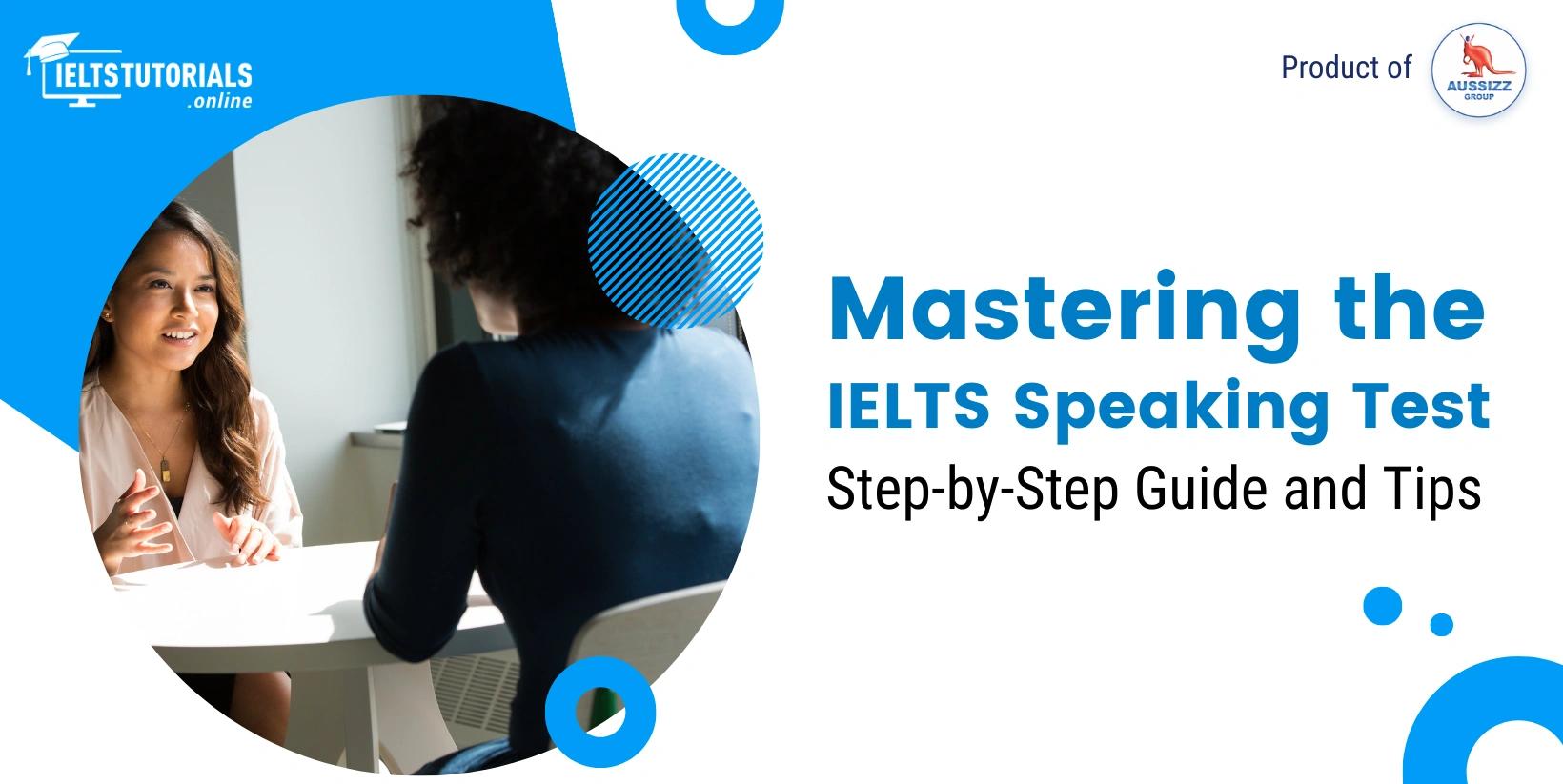
Mastering the IELTS Speaking Test: Step-by-Step Guide and Tips
The IELTS Speaking test uniquely assesses practical language skills, promotes cultural awareness, and opens global opportunities. It hones expressive abilities for clear communication and builds confidence in English proficiency.
Part 1: Introduction and Interview (4-5 minutes)
Part 1 of the IELTS Speaking test is an introduction and interview phase. The examiner will start with some basic questions about familiar topics such as your home, studies, work, or hobbies. This section aims to assess your ability to provide clear and concise responses.
Tips:
- Listen carefully to the examiner's questions and answer them directly.
- Provide detailed but not overly long responses.
- Be natural and relaxed in your delivery.
Example: Examiner: "Can you tell me about your hometown?" Candidate: "Certainly. I come from a small town called [Town Name] in [Country]. It's a peaceful place known for its scenic beauty and friendly community. I grew up there and have many fond memories."
Pro Tip: Start with a confident greeting and maintain a friendly tone throughout this section. It sets a positive tone for the rest of the interview.
Part 2: Long Turn (3-4 minutes)
Part 2 requires you to speak for two minutes on a given topic. You will be given a task card with a topic, a written prompt, and some preparation time (one minute). You need to speak continuously and provide detailed information.
Tips:
- Use the one-minute preparation time wisely to jot down key points.
- Structure your response with an introduction, details, and a conclusion.
- Speak fluently and avoid long pauses.
Example: Topic: "Describe a memorable holiday you had." Candidate (after one-minute preparation): "I'd like to talk about a memorable holiday I had in [Destination]. It was a fantastic experience that I still cherish. During that trip, I visited..."
Pro Tip: Take notes during the preparation time and use them to guide your response. Stick to the topic, and don't worry about filling the entire two minutes if you've covered the necessary points.
Part 3: Discussion (4-5 minutes)
Explanation: Part 3 involves a discussion with the examiner on abstract or complex topics related to the Part 2 topic. The examiner will ask follow-up questions, and this section assesses your ability to engage in a deeper conversation.
Tips:
- Listen carefully to the examiner's questions and answer them thoughtfully.
- Provide well-developed responses with examples or reasons.
- Don't rush; take your time to express your ideas.
Example: Examiner: "Do you think people prefer holidays in natural places or cities these days?" Candidate: "I believe it varies from person to person. Some enjoy the tranquility of natural places like mountains or beaches to escape the hustle of city life. On the other hand, cities offer..."
How Can We Help You?
If you find yourself with questions or uncertainties regarding the IELTS Speaking test, don't hesitate to reach out to IELTS Tutorials. Our dedicated team of experts is ready to assist you and will go the extra mile to address your concerns and provide valuable guidance. We prioritize your success in the IELTS Speaking test, and we're here to support you at every stage of your journey.
Pro Tip: Be prepared to defend your opinions with reasons and examples. Engage in the discussion actively and express your thoughts clearly.